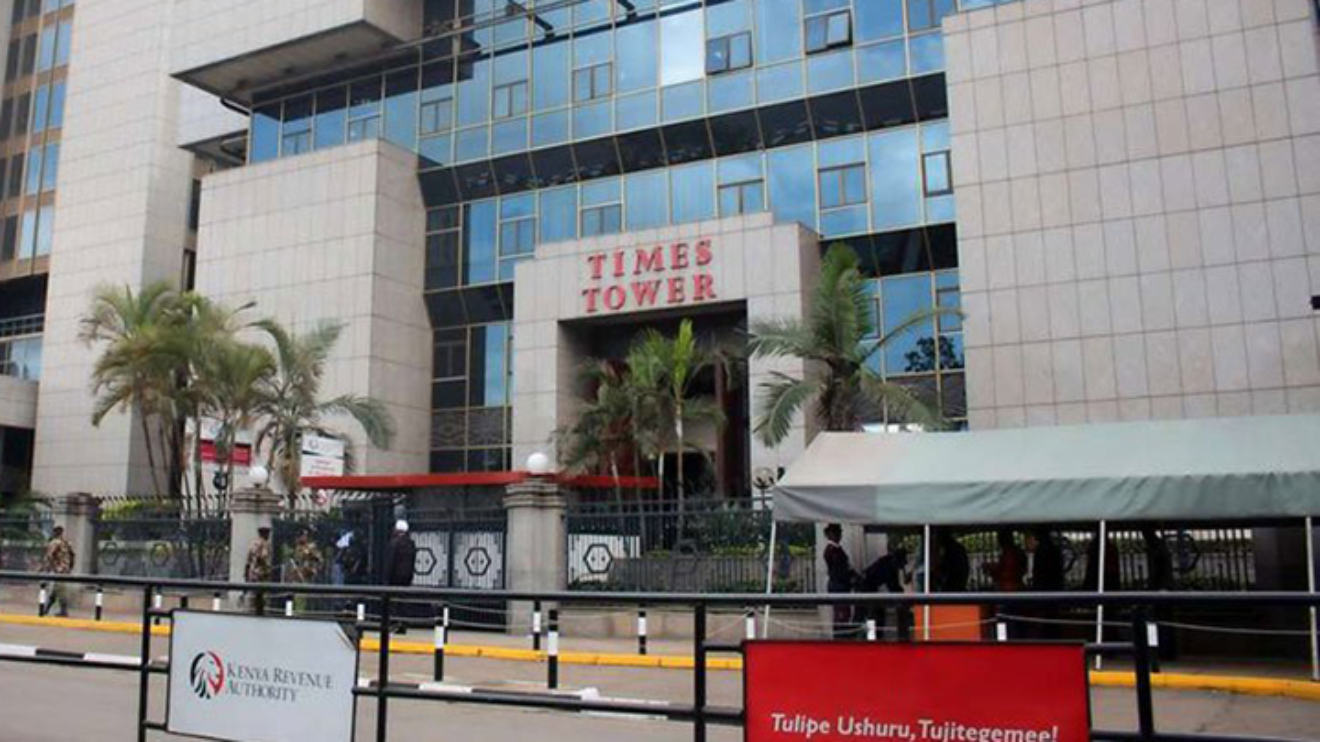The Kenya Revenue Authority (KRA) is gearing up for a major push on tax compliance and broadening the tax base, fueled by a 12.9 billion-shilling boost to its coffers.
This additional funding, revealed in the National Treasury's report, brings KRA's total allocation for the 2023/24 fiscal year to 36.6 billion shillings, marking a significant increase from the initial 23.7 billion.
The windfall is earmarked for implementing the ambitious Medium Term Revenue Strategy (MTRS), a three-year plan targeting both expanding the taxpayer pool and simplifying tax procedures to ensure efficient collection and timely refunds.
This, the National Treasury hopes, will pave the way for KRA to achieve its ambitious target of collecting 2.96 trillion shillings in ordinary revenue in the 2024/25 fiscal year, a substantial jump from the 2.6 trillion projection for the current year.
"Tax policy reforms will be implemented through the Finance Acts and Regulations," affirmed the National Treasury in the 2024 Draft Budget Policy Statement, reassuring that the MTRS implementation won't require additional burden on taxpayers.
Read More
The strategy outlines a multi-pronged approach to achieving its goals. On the expansion front, KRA will focus on bringing more individuals and businesses into the formal tax net.
Streamlining tax procedures, including simplifying filing and easing remittance, will be another key pillar.
Importantly, ensuring timely refunds will not only incentivize compliance but also foster trust between taxpayers and the authority.
The MTRS also outlines specific tax reforms designed to boost revenue.
VAT harmonization with East African Community partners and a proposed 16 per cent VAT on insurance services are among the measures expected to bring in additional revenue.
On the income tax front, the strategy proposes a reduction in corporate tax from 30 per cent to 25 per cent, alongside the reintroduction of the 1 per cent minimum tax on turnover and a withholding tax on government payments for goods supplied.
KRA's increased funding and the comprehensive MTRS mark a shift towards a more robust and efficient tax system in Kenya.
The focus on expanding the tax base and simplifying procedures aligns with international best practices and could foster a more equitable and sustainable tax regime.
Whether the ambitious revenue targets are met and the reforms achieve their desired outcomes remains to be seen, but this injection of resources and strategic shift undoubtedly signal a renewed commitment to improving tax compliance and revenue collection in Kenya.


 shares a light moment with the company's Group CEO Dr Patrick Tumbo (right) at a past event-1758121528.jpeg)
-1758116028.jpeg)




